MPCC says Katusha, Astana and Lampre-Merida only joined out of opportunism
Group calls for four-year suspension for motorised doping and ban on corticosteroids
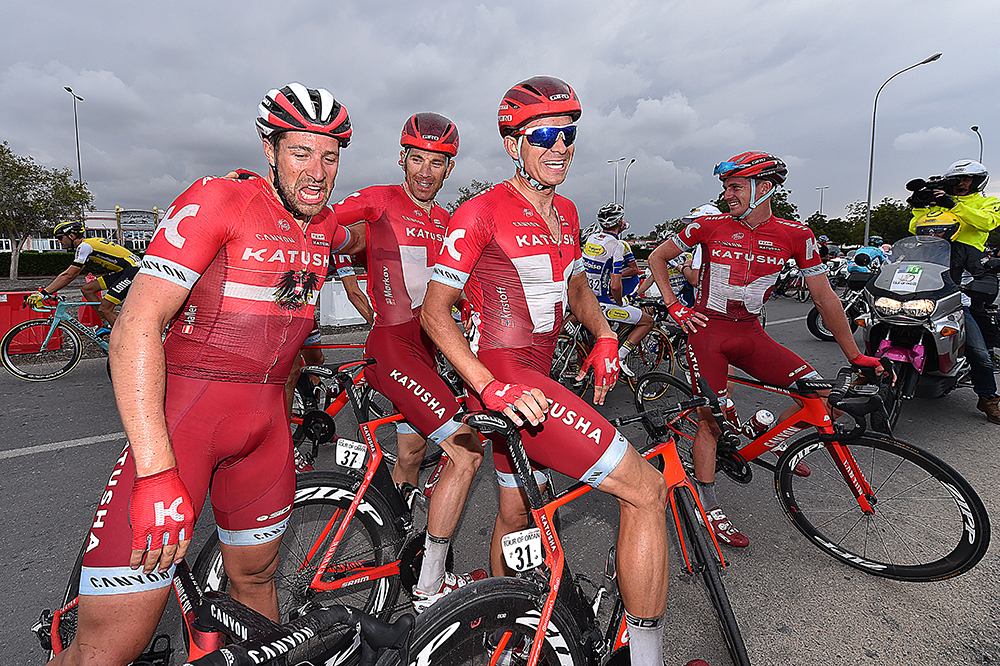
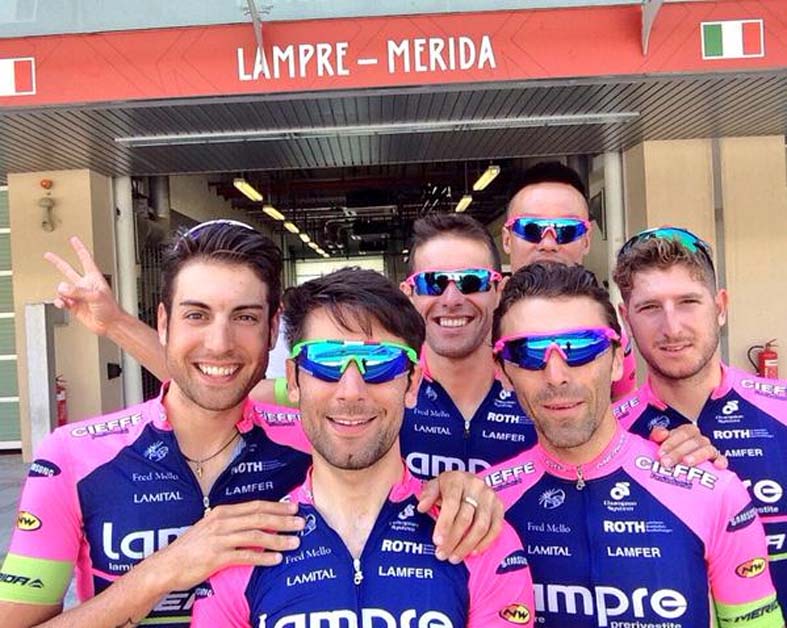
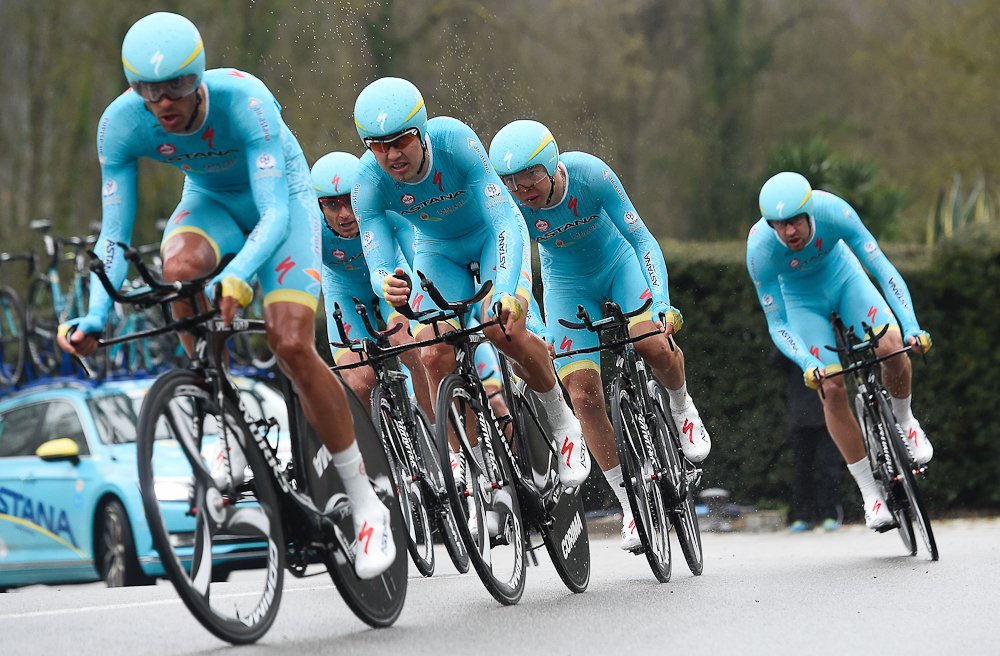
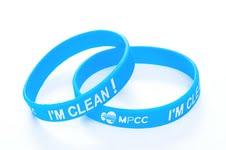
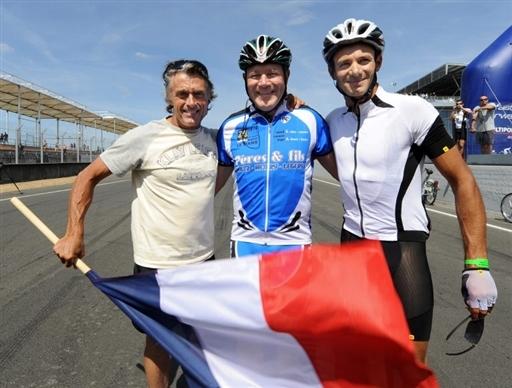
The Movement for Credible Cycling (MPCC) has accused former member teams Astana, Katusha and Lampre-Merida of joining the group out of mere “opportunism."
In a statement issued on Friday following a meeting of its board of directors, the MPCC has also asked the UCI to increase the minimum ban for technological fraud from six months to four years, and called on the World Anti-Doping Agency to add corticosteroids and tramadol to the list of banned substances.
Some five WorldTour teams – Katusha, Lampre-Merida, Astana, LottoNL-Jumbo and Orica-GreenEdge – have left the MPCC in the past 12 months, meaning that just seven of cycling’s top flight remain committed to the body’s additional rules, which include testing for cortisol levels and a pledge not to field riders who are using corticosteroids for therapeutic reasons.
The five teams were all among the large intake of new members in the winter of 2012-2013, an influx that coincided with organisers group AIOCC announcing its commitment to prioritising MPCC members when handing out wildcard invitations to races.
Katusha only applied for MPCC membership in January 2013, after it had initially been excluded from the WorldTour due to concerns over its ethical record and while its appeal to the Court of Arbitration for Sport on the matter was still pending.
Lampre-Merida, Katusha and Astana each cited a lack of compatibility between UCI and MPCC regulations as they left the voluntary body, a claim dismissed by the MPCC in its statement on Friday.
“The recent withdrawal of several UCI World Tour team members from MPCC (KATUSHA, LAMPRE-MERIDA, ASTANA) cannot be explained by a problem of compatibility between the rules governing our sport and the philosophy of the movement. To the MPCC, this is mostly related to these teams’ failure to keep their commitment, just three years after their accession,” the MPCC statement read.
Get The Leadout Newsletter
The latest race content, interviews, features, reviews and expert buying guides, direct to your inbox!
“Without a doubt, some of these teams – which have excluded themselves by not following the rules they committed to – had not hesitated to carry high their new MPCC flag in front of the media, the UCI licence commission and/or the Court of Arbitration for Sport (CAS) with the aim of preserving their image and their World Tour status. By not respecting their commitment, these teams did join MPCC by opportunism.”
Exodus
Lampre-Merida left the MPCC in March 2015 when it refused to fire Diego Ulissi in the wake of his nine-month ban for a positive test for salbutamol at the previous year’s Giro d’Italia. The team explained that it was unable to do so due to Italian labour laws.
LottoNL-Jumbo withdrew from the MPCC in June of last year after George Bennett was forced out of the Giro d’Italia due to a low cortisol level, citing reservations about the accuracy of the testing.
When Lars Boom returned a low cortisol reading on the eve of the Tour de France, Astana ignored MPCC regulations and fielded him in the race, precipitating its expulsion from the group in September. Astana had previously followed the letter of MPCC regulations – if not necessarily the spirit – by suspending itself from racing the 2014 Tour of Beijing following Maxim and Valentin Iglinskiy’s positive tests for EPO at the tail end of that season.
Orica-GreenEdge announced its departure from the MPCC last week, claiming that it felt that the group’s early initiatives had already been enshrined into the UCI’s regulations. On the same day, Katusha confirmed that it was leaving the MPCC, citing a lack of compatibility between UCI anti-doping regulations and the MPCC's own rules.
While the UCI’s Disciplinary Committee last month declined to hand the Katusha team a collective ban following its two positive doping cases in the past 12 months, MPCC regulations meant that the Russian squad would have been obliged to suspend itself if Eduard Vorganov and Luca Paolini’s doping sanctions were confirmed.
Italian Pro Continental outfits Southeast and Bardiani-CSF also left the MPCC in 2015.
Commitment letters from 2012 and 2013 released
In addition to Friday’s statement, the MPCC also published the letters of commitment written by Katusha, Lampre and Astana’s management on joining the body, led by Roger Legeay, in 2013.
“[We] confirm that we will fully commit to your Internal Rules,” Katusha manager Viatcheslav Ekimov wrote in a letter dated 10 January, 2013.
“We’re all at a point of no return,” said Lampre team president Giuseppe Saronni in a letter dated 3 December, 2012. “If cycling has not yet become aware of it, it’s necessary to work together trying to push it towards the most suitable direction for obtaining reliability by the mean of clearness.”
“We call on the UCI to recognize the MPCC as a viable intermediary among teams, organizers and Cycling Federations,” Alexandre Vinokourov wrote on behalf of Astana Pro Team.
No to corticosteroids and four-year bans for motorised doping
As well as censuring Katusha, Lampre and Astana, the MPCC reiterated its appeal for corticosteroids and tramadol to be added to the WADA banned list. The MPCC statement noted that “by the international scientific community, it is agreed that glucocorticoids are enhancing drugs” and called on the UCI to establish a commission of experts to consider the matter.
The MPCC has also requested that the UCI make formal provision in its rules to allow teams to replace riders with a low cortisol reading ahead of a Grand Tour – a clear reference to Lars Boom case, where Astana declared itself willing to withdraw him from the Tour de France line-up, but only if the UCI allowed them to call up a replacement.
As well as appealing for a heftier minimum ban of four years for technological fraud (rather than the current six months), the MPCC echoed Tour de France director Christian Prudhomme in calling for the UCI to increase the number of bike tests it performs.
In the wake of recent controversies regarding betting in tennis and football, the MPCC has also recommended that the UCI establishes “a monitoring cell on the topic of sporting bets.”